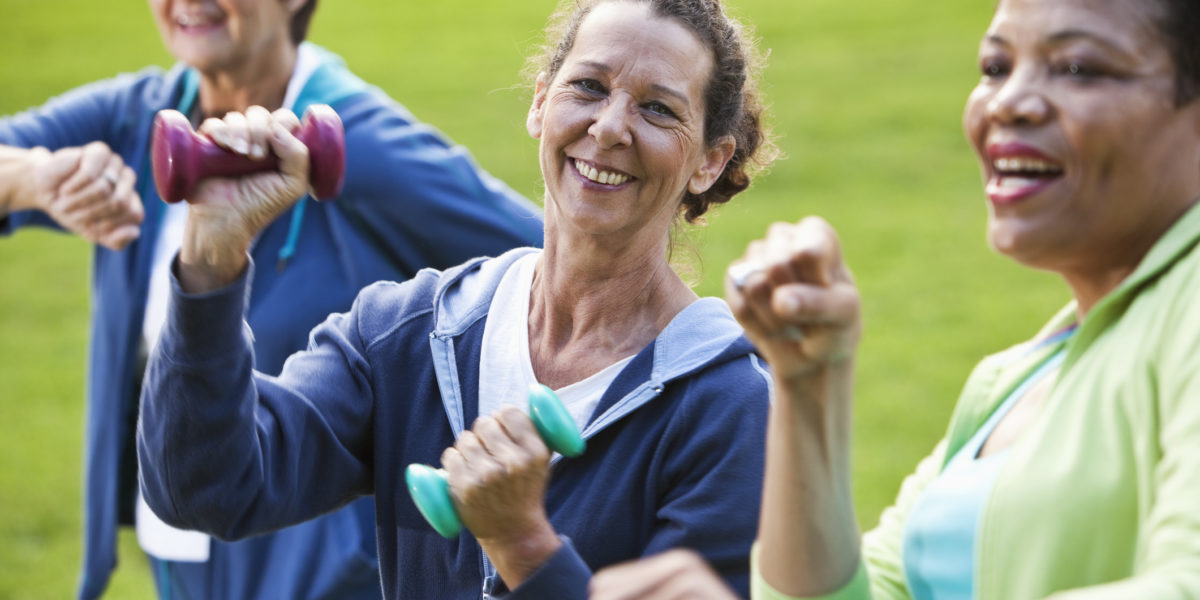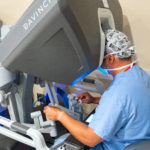In the U.S., one in 11 people in the United States suffers from overactive bladder, causing frequent trips to the bathroom. This problem can be disruptive to daily life and limit your ability to do the things you enjoy. Overactive bladder mainly affects people 65 and older, although both men and women can be affected earlier, often in their 30s and 40s.
While overactive bladder is most common in older adults, the condition is not a normal result of aging. Know the symptoms and talk to your doctor.
Q: What is overactive bladder?
A: If you have an overactive bladder, you will have sudden, strong urges to urinate, whether or not your bladder is full.
Q: What causes overactive bladder?
A: An overactive muscle in the bladder that pushes urine out is responsible for overactive bladder. In many cases doctors do not know what causes it, though this condition can be associated with other medical problems, including a bladder infection, stress or some brain disorders, such as Parkinson’s disease or a stroke.
Q: What are the symptoms of overactive bladder?
A: The main symptoms of overactive bladder are:
- An urgent and frequent need to urinate.
- Waking up to urinate more than twice a night.
- The need to urinate even after you have just gone to the bathroom.
- Taking many trips to the bathroom only to urinate just a little each time.
- Leaking urine when you have the urge to urinate.
Q: How is overactive bladder diagnosed?
A: Overactive bladder is a clinical diagnosis, meaning that it is diagnosed by the symptoms you experience and not by a specific laboratory or imaging test. Your doctor will ask you what kinds of fluids you drink, how often you urinate and whether or not you leak urine. Your doctor may also do a physical exam, a urine test and a blood test to rule out other possible conditions.
Q: How is overactive bladder treated?
A: Usually you will be asked to try lifestyle changes at home, including “bladder retraining,” which involves urinating at scheduled times, and pelvic exercises, called Kegels, to make your pelvic muscles stronger. You may also be asked to work with a physical therapist who has special training in strengthening pelvic muscles.
If these treatments do not work, your doctor may prescribe medication to help calm the bladder muscles or to help the bladder store more urine. In some severe cases when medications are ineffective, office-based procedures may be able to help.
Q: What other changes can I make to help combat overactive bladder?
A: You can try making these lifestyle changes:
- Cut back on caffeine drinks, such as coffee, tea and soda.
- Maintain a healthy weight.
- Reduce fluids before bed, but be sure to get enough fluids during the day.
- During the night, if you have trouble getting to the toilet in time, clear a path from your bed to the bathroom, or keep a portable toilet beside your bed.
If you are concerned about an overactive bladder, make an appointment with John Cooper, M.D., or any ChristianaCare urologist at 302-320-9420.



